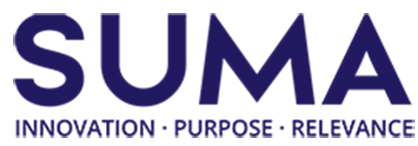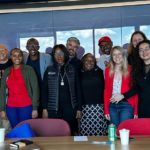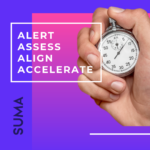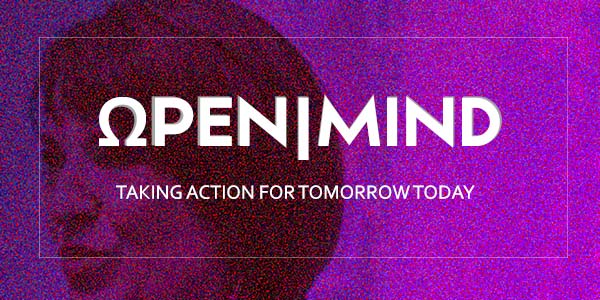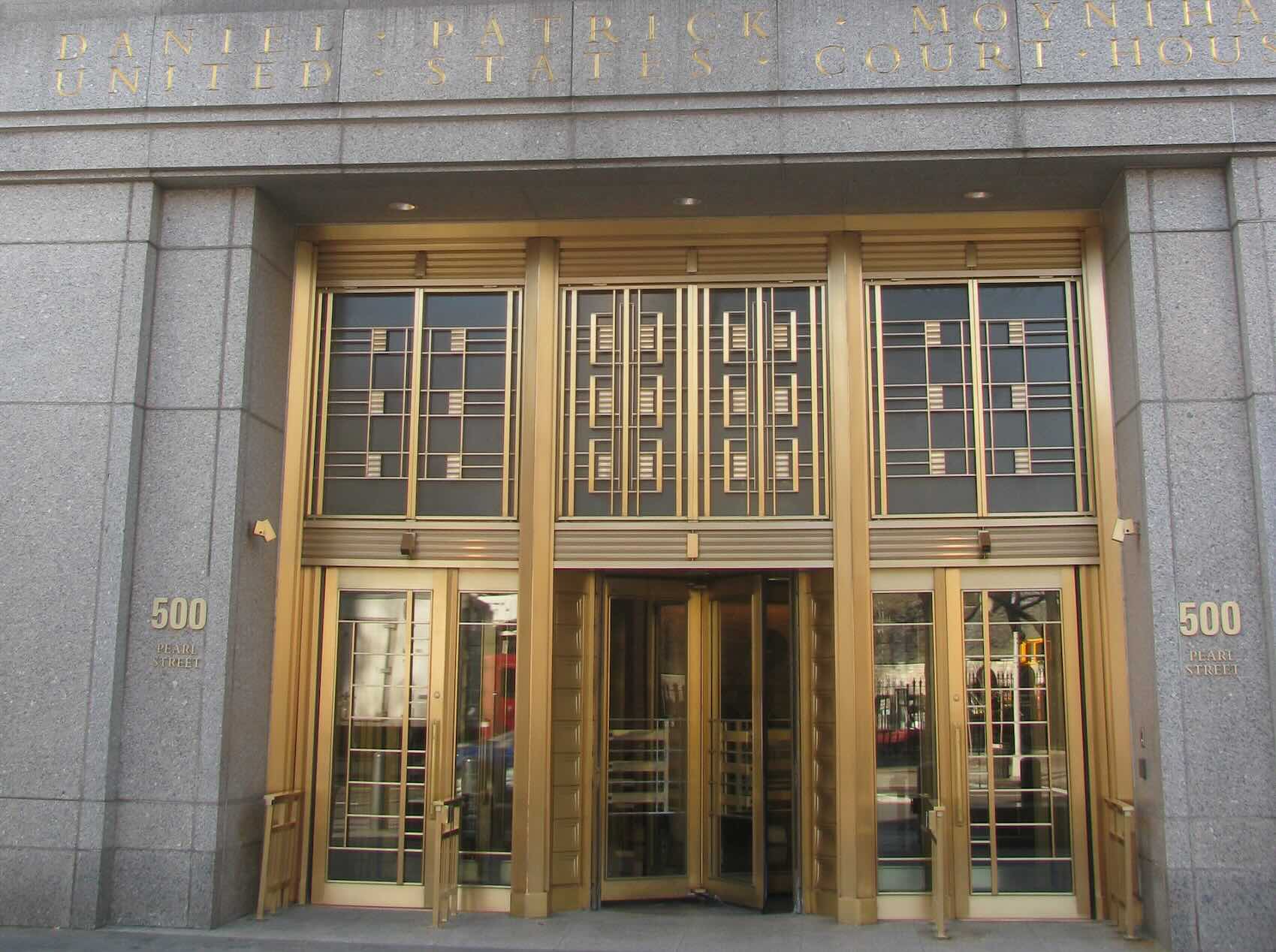
Charlie Javice, the founder of student loan assistance company Frank, appeared in Court court over allegations she bought or invented email addresses to claim millions of users.
206,008 people this week read my LinkedIn post where I voiced a strong response to a New York Times article, “The End of Faking It In Silicon Valley”, that framed the erosion of public trust in business leadership based on exposure of questionable ethics, exaggerated claims, and potentially illegal practices on the part of many companies including:
Frank—a New York startup accused of overstating customer counts
Slync—a Dallas-based company charged with defrauding investors
Rumby—an Ohio-based laundry delivery service that allegedly fabricated a story of financial success to secure funding and is now in a lawsuit with its investors.
According to the article, the economic climate is fueling the exposure of unethical behavior. Here’s an excerpt:
The funding downturn may be to blame. Unethical behavior can largely be overlooked when times are good, as they were for tech start-ups in the 2010s. Between 2012 and 2021, funding to tech start-ups in the United States jumped eightfold to $344 billion, according to PitchBook, which tracks start-ups. More than 1,200 of them are considered “unicorns” worth $1 billion or more on paper.
But when the easy money dries up, everyone parrots the Warren Buffett proverb about finding out who is swimming naked when the tide goes out. After FTX filed for bankruptcy in November, Brian Chesky, the chief executive of Airbnb, updated the adage for millennial tech founders: “It feels like we were in a nightclub and the lights just turned on,” he tweeted.
I strongly disagree that we can afford situational ethics as we lead our teams, our companies, our organizations.
We need to be trustworthy 100% of the time. Whether we’re in good times or bad times. We need people to count on us. Our customers. Our partners. Our collaborators. Our suppliers. Our investors. Our communities. Our teams.
So WHY do we encourage behaviors that encourage the exact opposite of trust?
What this looks like:
- Business pressures tempt us to exaggerate. To overstate.
- To select projects based on the charisma of the people pitching them.
- To accept claims that stretch the truth.
Or even worse, to give into temptation and lead with bluster over substance.
The best leaders I work with are also the most trustworthy. And, they bring forward a character trait that I call Human Readiness Level (HRL) that is 100% real, in the moment, and transparent.
The missing link to performance and momentum: The HRL
Human Readiness Level (HRL), is a standard we all need to apply to bring our teams, our organizations and our partners to the next level of performance. It’s the missing link to move projects forward with momentum. Because once we stop faking things and get real, people bring their best game to the table.
When we stop faking things, our customers can tell, investors can tell, the whole ecosystem can tell. And that leads to the ultimate driver of a thriving organization: people trust us.
Here are places to start to engineer Human Readiness Level into our leadership:
- Ignore “fake it till you make it” advice. The pressure of living up to false claims leads to a slippery slope.
- Refuse to be seduced into emphasizing elevator pitch charisma as more compelling than a solid, viable business model.
- Don’t be tempted into false claims. The recent exposure of Frank, a company that exaggerated customer counts to bolster investor confidence unraveled badly. And yet, we can imagine how a chain of exaggerated promises led to exaggerated claims. And, no doubt many sleepless nights.
The Traditional Measures for Success Don’t Cover All the Bases Anymore
For years, business strategy has included TRL, IRL and FRL.
TRL:Technology Readiness Level, and a government term. Will the rocket ship actually land on the moon?
IRL: Investment Readiness Level. Is there a business model that goes along with the technology? There is no business if there is not an economic model that makes sense.
FRL: Future Readiness Level. How might forces around us either bring us escape velocity or snub out efforts because of unanticipated forces we aren’t quick to respond to.
None of these standards matter at all in our present and future of transparency and 24/7 news cycles, if investors, employees know we can’t be trusted. We need HRL—Human Readiness Levels—to be a 10 out of 10.
In a World of Suspicion and Speed, We Need HRL More Than Ever
The tide is turning faster than most businesses are ready for – and trust isn’t optional like it used to be. We need to mean what we say. We need to present a clear and real picture when we speak.
When we’re suspicious that we’re being fooled by bots, images, and information that can’t be trusted, real is the most important attribute in a market
Honest is the most compelling leadership face we can put forward. Not easy. But better for results, and better for you.
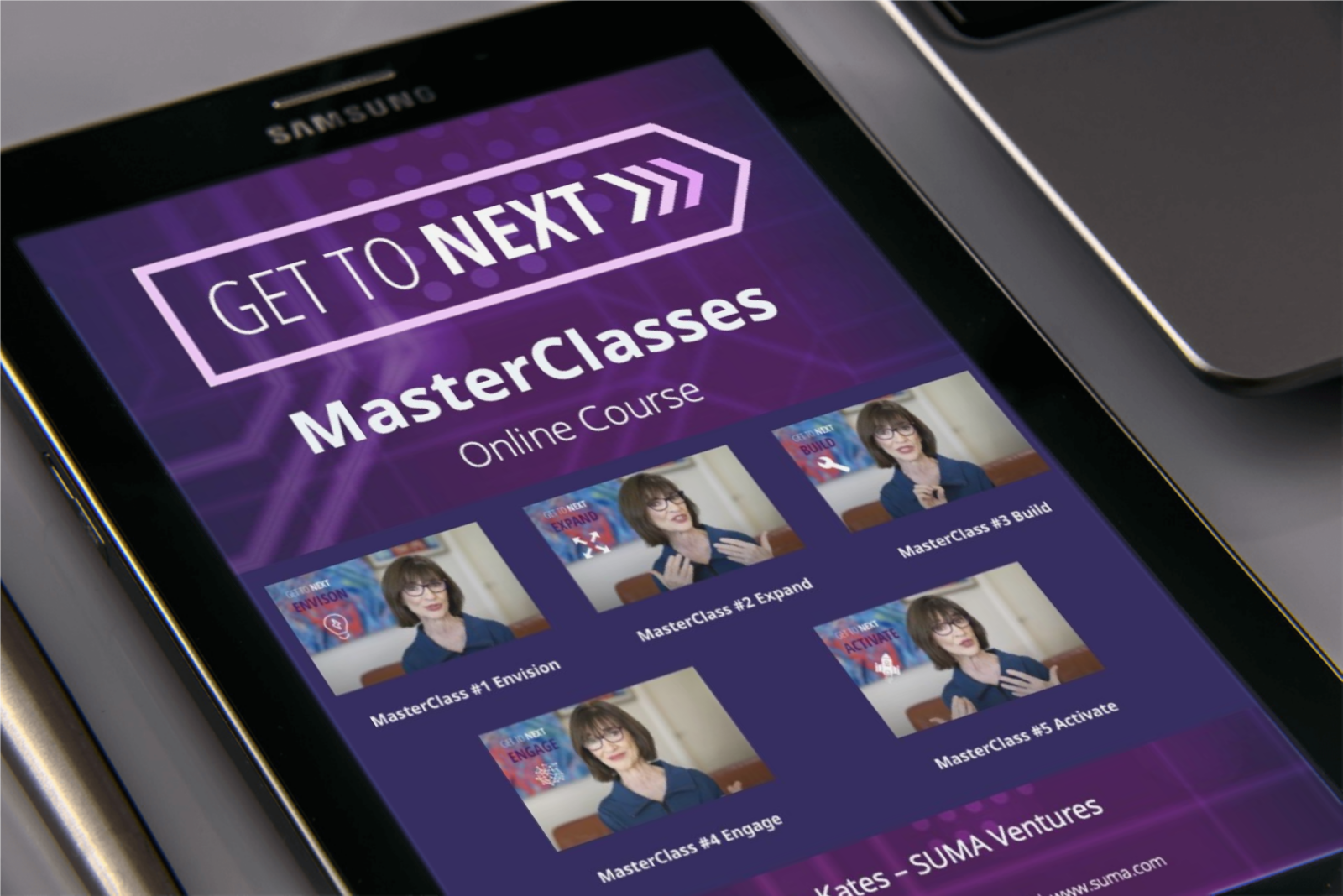
GET TO NEXT | MasterClass Series
The Get To Next MasterClass Series is a sequence of videos presenting the Get To Next model in detail. Watch to find out how this systematic approach will make your life as an innovator easier, more successful, more purposeful, and more rewarding and how the modules work together to drive your innovation process from inception to implementation.
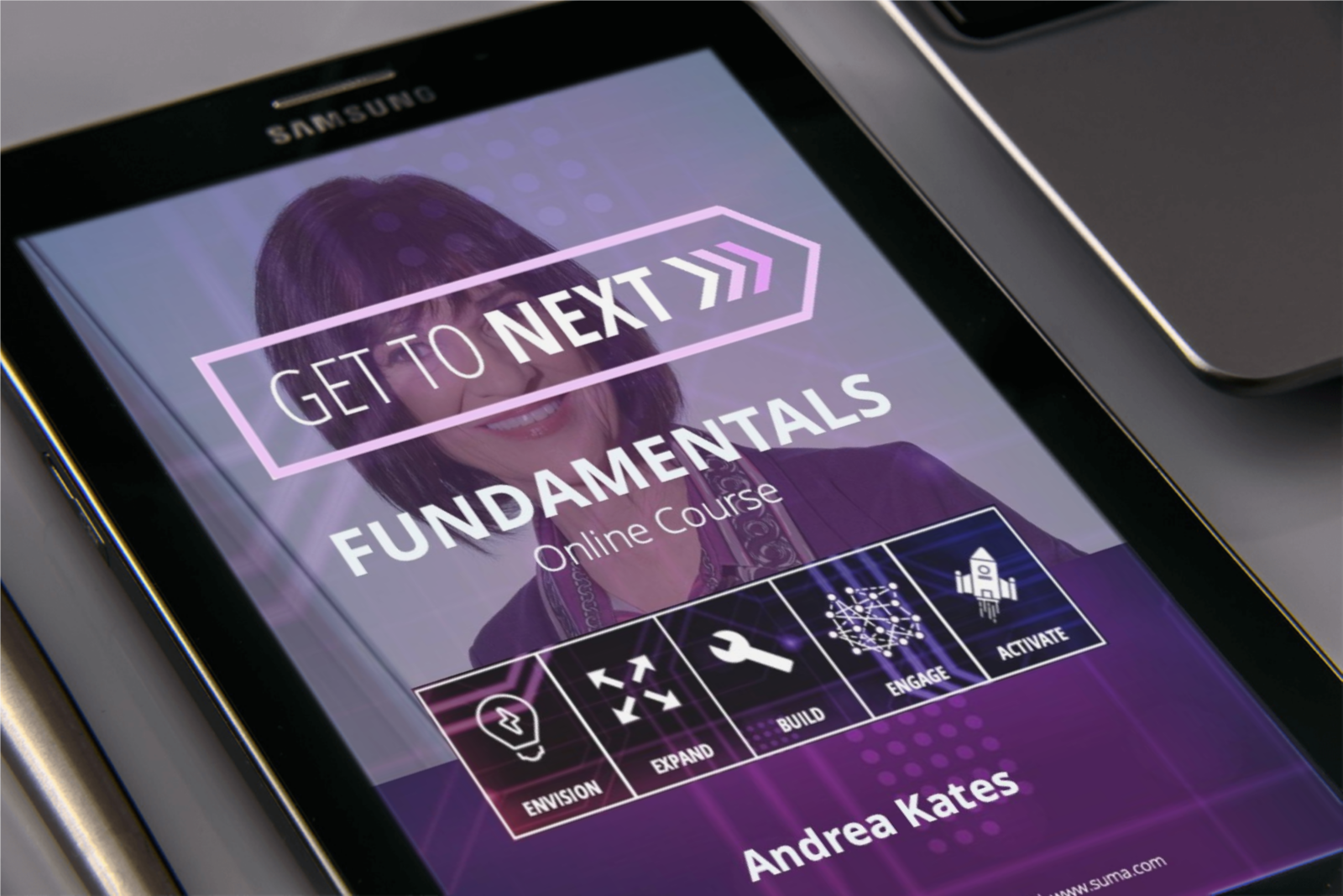
GET TO NEXT | Fundamentals
In the Get To Next Fundamentals course we teach you a system and a process to identify a promising idea and “take it to the bank” in five simple steps – quickly. Are you finding it challenging to run innovation at scale in these times of exponential change in a timely fashion? Are you calling many good ideas dead on arrival? Are projects being stymied in areas outside of your influence or control?
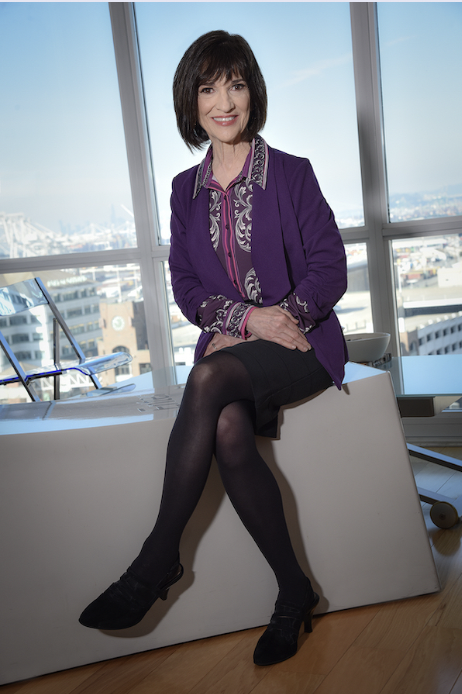
Andrea Kates is a San Francisco-based expert at moving innovation to revenue. She focuses on uncovering untapped opportunities and galvanizing strategic vision.
For 20 years she’s led bold initiatives in virtually every sector and every geography that help companies figure out where to place their bets on emerging products, services and technologies and to scale dynamic business models.
Today, Andrea works with leaders to discover their best future with a tangible, practical set of steps called: ➡ GET TO NEXT
